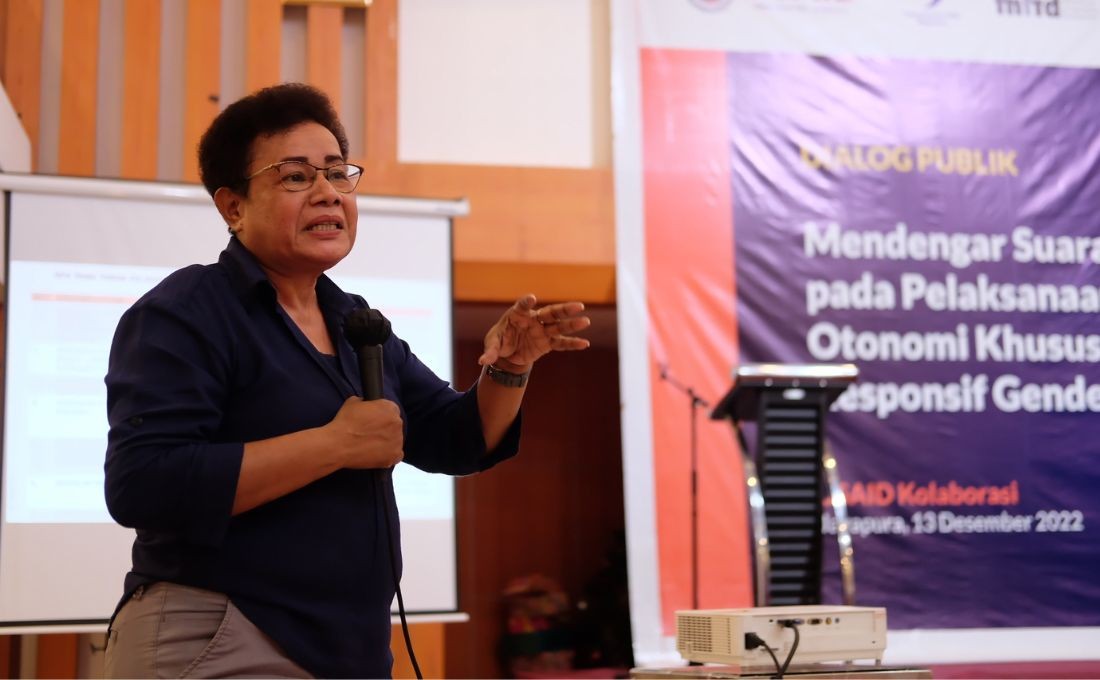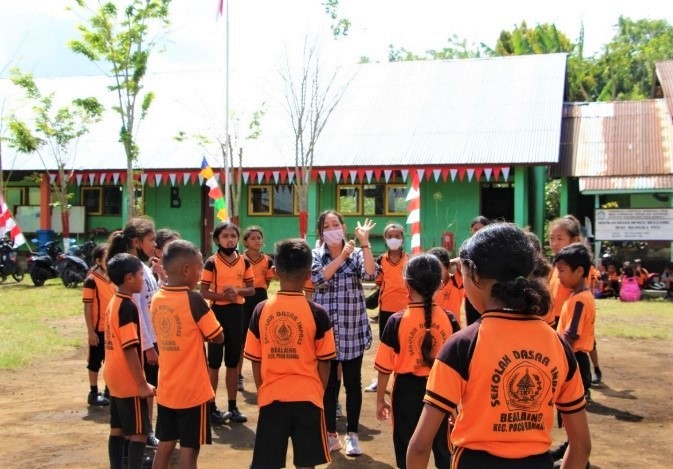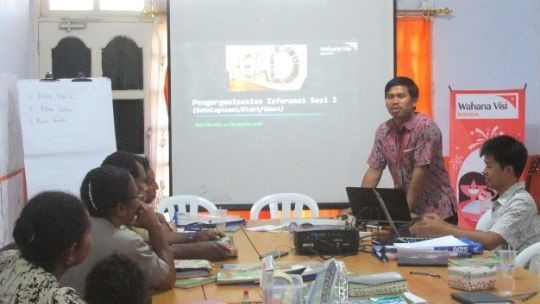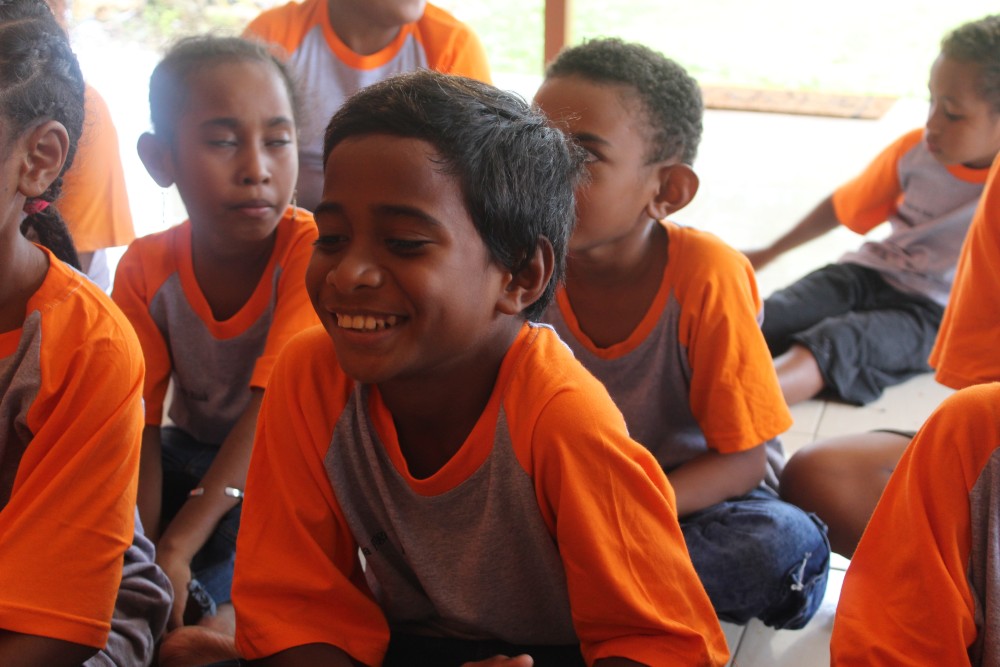Hold Public Dialogue, USAID Collaborates to Produce Recommendations for Gender Responsive Special Autonomy Implementation

The Papua Provincial Government, together with Wahana Visi Indonesia (WVI) through the USAID Collaboration program, initiated a public dialogue entitled "Hearing Women's Voices on the Implementation of Gender Responsive Special Autonomy (Otsus)." This activity was held on Tuesday (13/12) at Horison Hotel Kotaraja.
The dialogue resulted in the formulation of recommendations related to Smart Papua, Healthy Papua, Productive Papua, Government Services, Budget Transparency, and Public Participation, as well as the Proposed Fulfillment of Legal Aid so that the implementation of Otsus can be more pro-women and vulnerable groups. Recommendations will be forwarded to local governments.
A total of 100 participants were actively involved in formulating the recommendations. They comprised government representatives, academics, community leaders, religious leaders, traditional leaders, women, youth, law enforcement, journalists, forums for people with disabilities, and observers of women's issues in Jayapura City and Regency.
Women, children, and vulnerable people are one of the elements of society concerning the alignment, protection, and empowerment of Indigenous Papuans (OAP) within the framework of Special Autonomy (Otsus). However, data shows that the Gender Development Index (HDI) of Papua and West Papua Provinces is still at the lowest rank nationally. This indicator illustrates that current advocacy and regional development need to be sufficiently favorable to the quality of life of Papuan women.
"Through the USAID Collaboration Program, we will continue to support the government in optimizing the planning and management of Special Autonomy funds. From the community side, we will also support an increased understanding of the extent to which the use of special autonomy funds benefits and impacts them. Thus, all parties can strive to manage Otsus funds in a more targeted manner," said Caroline Tupamahu, Chief of Party of USAID Kolaborasi. Caroline added that this public dialog activity was initiated to provide a space for discussion and build a common perception regarding the situation in the community, especially among vulnerable groups.
Meanwhile, Nius Wenda, the Head of the Social, Population, Women's Empowerment and Child Protection Office of Papua Province, said that one of the development challenges so far is that there needs to be a meeting point between the planning process and the needs of the community. "It is essential for the community's needs to be conveyed so that we can solve the problem," he said. Representing the provincial government, Nius also expressed his appreciation for the role played by WVI through the USAID Collaboration program as the activity organizer. USAID Kolaborasi collaborates with community observation groups such as LP3A Papua, LBH Papua, KIPRa, and LBH APIK Jayapura in this activity.
USAID Kolaborasi is a Collaborative Governance Initiative Program in Papua and West Papua. Working with Bappenas and local governments in Papua and West Papua, USAID Kolaborasi will improve the quality of key public services and enhance the skills of local government institutions to oversee the budget allocation and implementation and engage Papuans and West Papuans. The program is implemented by Wahana Visi Indonesia (WVI) together with local partners such as Kitong Bisa Foundation (KBF) and International NGO Forum on Indonesian Development (INFID).
Author: Gemilang Roberto (Communication Specialist USAID Collaboration)



